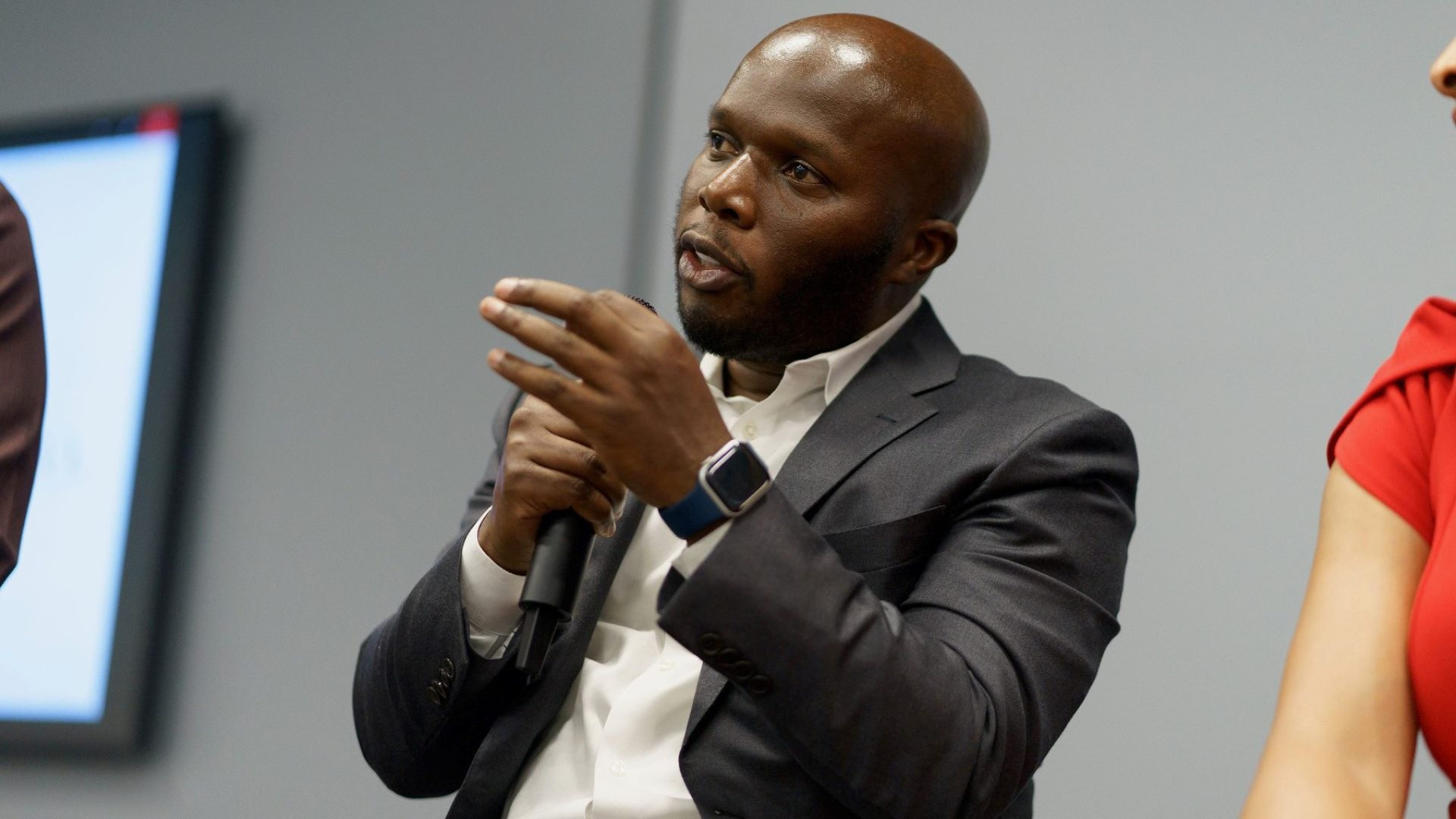
As the saying goes, the price of streaming is getting “too damn high.” And a Black-owned company is trying to fix this. Destah is a new and completely free service, aiming to disrupt the industry.
Over the past year, we’ve seen networks failing to renew many of our favorite Black TV shows. As Issa Rae commented in a Porter cover story, “You’re seeing so many Black shows get canceled, you’re seeing so many executives — especially on the DEI side — get canned. You’re seeing very clearly now that our stories are less of a priority.”
But Destah is committed to filling this void and amplifying Black voices and stories. The premium video-on-demand streaming service offers viewers the chance to choose from a carefully curated selection of culturally themed content, tailored specifically to “cater to Black audiences, storylines, and narratives.”
“Aside from independent films and series, the site and app also display original content that represents the Black experience as far as London, Africa, and other destinations around the world.” Users can access the Destah platform via “Roku, Fire TV, Google Store, Apple TV, Android, and iOS.”
Destah’s executives, which include CEO Neil Nelson and COO Tracy Dornelly are no stranger to media and technology. The two are co-founders of Atlanta Black Star, and have been at the forefront of providing content for a diverse audience. In addition, both have an incredible track record of successfully fostering inclusive narratives.
ESSENCE had a chance to sit down with Nelson to discuss Destah’s innovative approach to content, the streaming ecosystem, and why Black storytelling is so important.
Nelson explained how the name originated from “the Amharic word, which means happiness. That’s the basis for what we’ve created.”
It’s “a platform where we can take ownership of not just telling our stories, but also distributing our stories.” Nelson said the goal is to “deliver films, series, and podcasts around the world to our global community.”
What’s different about Destah? It’s giving the little guy an advantage. “Oftentimes your independent filmmaker doesn’t have a marketing budget,” so “we select certain films each week and market them on our own, using other media sites we operate, so that our audience can get exposure to these films,” stated Nelson. “We provide that extra mileage that we think can help filmmakers get their stories out to the masses.”
With Destah, you even get rewarded for watching. As Nelson relayed, “we’re also incentivizing the viewer by giving them points for each hour of content that they watch. They can then trade [the [points] in for other gifts.”
Nelson wants “users to understand that the more they move towards these kind of platforms [like Destah], they empower themselves to have more options in the marketplace and increase diversity, and things that will likely result in them being happy.”
To that end, Nelson assured that “we intend on it remaining free for the audience, primarily because of people’s pain point around paying additional fees for existing services or for acquiring new services.”